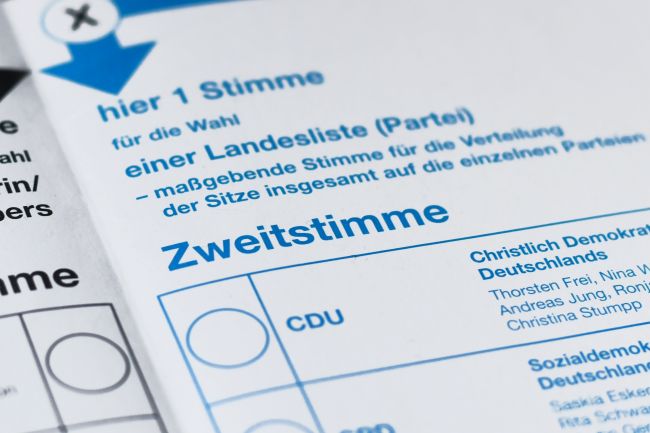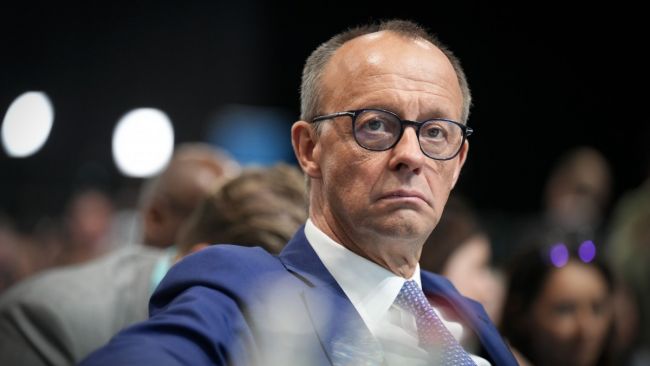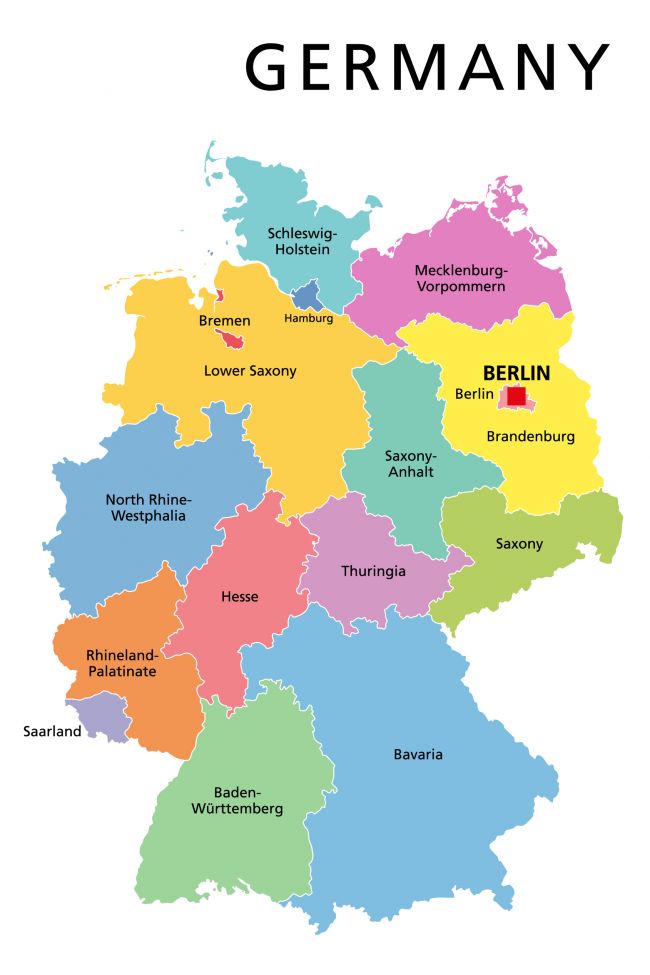Everything you need to know about Germany's elections on Sunday
This article was written before the results of the 2025 German election and serves as a guide to everything you need to know about Germany's elections on Sunday. If you are interested in the election results, be sure to check out our more recent news updates.
Imagine stepping into a bustling German polling station on a crisp election day—a scene that might feel both familiar and entirely new, especially if you're used to systems where a single vote decides it all. In Germany, every voter participates in an intricate yet thoughtfully designed process that blends local accountability with national fairness. This unique method, in place as of 2024, is built around a two-vote system that not only gives citizens a direct voice in choosing their local representative but also ensures that the overall makeup of the Bundestag reflects the diverse opinions of the entire country.

When you enter the polling station, you're handed a ballot that might seem a bit unusual at first glance. Instead of marking just one candidate, you have the opportunity to cast two distinct votes. The first vote, known as the "Erststimme," allows you to select a candidate from your local constituency—a smaller geographic area where the candidate with the most votes wins a direct seat in parliament. This part of the process is all about personal representation; it's your way of ensuring that someone from your own community, who understands your neighborhood's unique challenges and priorities, gets a seat at the national table.

The second vote, or "Zweitstimme," is where the system's national character truly shines. This vote is for a political party rather than an individual candidate and determines how the overall 630 seats in the Bundestag are allocated across the country. Essentially, the percentage of second votes a party receives translates into its share of parliamentary seats. To enter the Bundestag via this route, a party must secure at least 5% of the national vote—though there's an important exception: if a party wins at least three direct mandates through the first vote, it can still gain representation even if its overall vote falls just below 5%. This safeguard ensures that parties with strong regional support aren't completely sidelined.

Over the years, Germany's system has evolved to strike a delicate balance between local and national representation. One of the most significant recent reforms has been the decision to cap the Bundestag at 630 seats—a measure introduced to prevent the parliament from ballooning uncontrollably due to "overhang" and "leveling" seats. Under the new rules, if a party wins more direct constituency seats than its proportional share from the second vote would justify, some of those extra seats will simply remain unfilled. This reform underscores the system's commitment to ensuring that every vote is fair and that the institution remains efficient and manageable.
As the country heads into this snap election, the stakes have never been higher. The collapse of Chancellor Olaf Scholz's coalition government—a once unlikely alliance between the Social Democrats (SPD), the Greens, and the Free Democratic Party (FDP)—has sent shockwaves through the political landscape. The dramatic dismissal of FDP Finance Minister Christian Lindner set off a chain reaction that led to the coalition's unraveling, thrusting Germany into a state of political uncertainty.
<bild>Outgoing Chancellor Olaf Scholz</bild>
<bild>Friedrich Merz, the frontrunner for the next chancellor</bild>
At the forefront of the political battle is the conservative bloc, led by Friedrich Merz. His campaign centers on promises to cut taxes, tighten immigration policies, and stimulate a sluggish economy that has been battling high energy costs and structural challenges.
In sharp contrast is the Social Democratic Party (SPD), which continues to champion robust social welfare programs and public investments designed to support low-income families and modernize infrastructure.
The Greens, on the other hand, are pushing for aggressive environmental reforms—including a "billionaire tax" aimed at funding a transition to renewable energy—while emphasizing social justice and sustainable growth.
Meanwhile, the far-right Alternative for Germany (AfD) has steadily risen in popularity by appealing to voters frustrated with the political status quo, though its radical positions make coalition partnerships highly unlikely.
Adding further complexity, the newly formed Sahra Wagenknecht Alliance represents a blend of left-wing populism and nationalist sentiments, which could shake up the traditional party lines even more.
<bild></bild>
The outcome of this election is poised to have profound implications not only for Germany's domestic policy but also for the broader European and global landscape. The new government will have to navigate an economy beset by global trade challenges, a shift away from traditional energy supplies, and complex international pressures—ranging from the lingering impact of geopolitical conflicts to the ripple effects of shifting alliances. The coalition that eventually emerges—whether it is a center-right alliance led by Merz or a more centrist combination involving elements of the SPD and the Greens—will set the tone for the nation's policy direction for years to come.
<bild></bild>
For readers from abroad, this intricate system might initially seem labyrinthine. Yet, at its heart, the German electoral model is a carefully balanced effort to ensure that every region, every community, and every voice contributes to shaping the national agenda. It allows local concerns to be voiced directly while ensuring that the overall composition of the Bundestag mirrors the country's collective will.
<bild></bild>
In sum, Germany's two-vote system—blending direct and proportional representation—serves as a robust framework for a modern democracy facing both traditional challenges and new political currents. It promises that while local communities have their champions in parliament, the national vote ultimately defines the balance of power. As the nation stands at this critical juncture, the election is not merely about choosing a new government; it is about reaffirming a commitment to a democratic system that strives to represent every voice, from the smallest town to the largest city.
For now, it remains to be seen how these reforms and the evolving political dynamics will shape the next chapter of German democracy—and how the choices made on election day will steer the country, and perhaps even Europe, toward a new future.